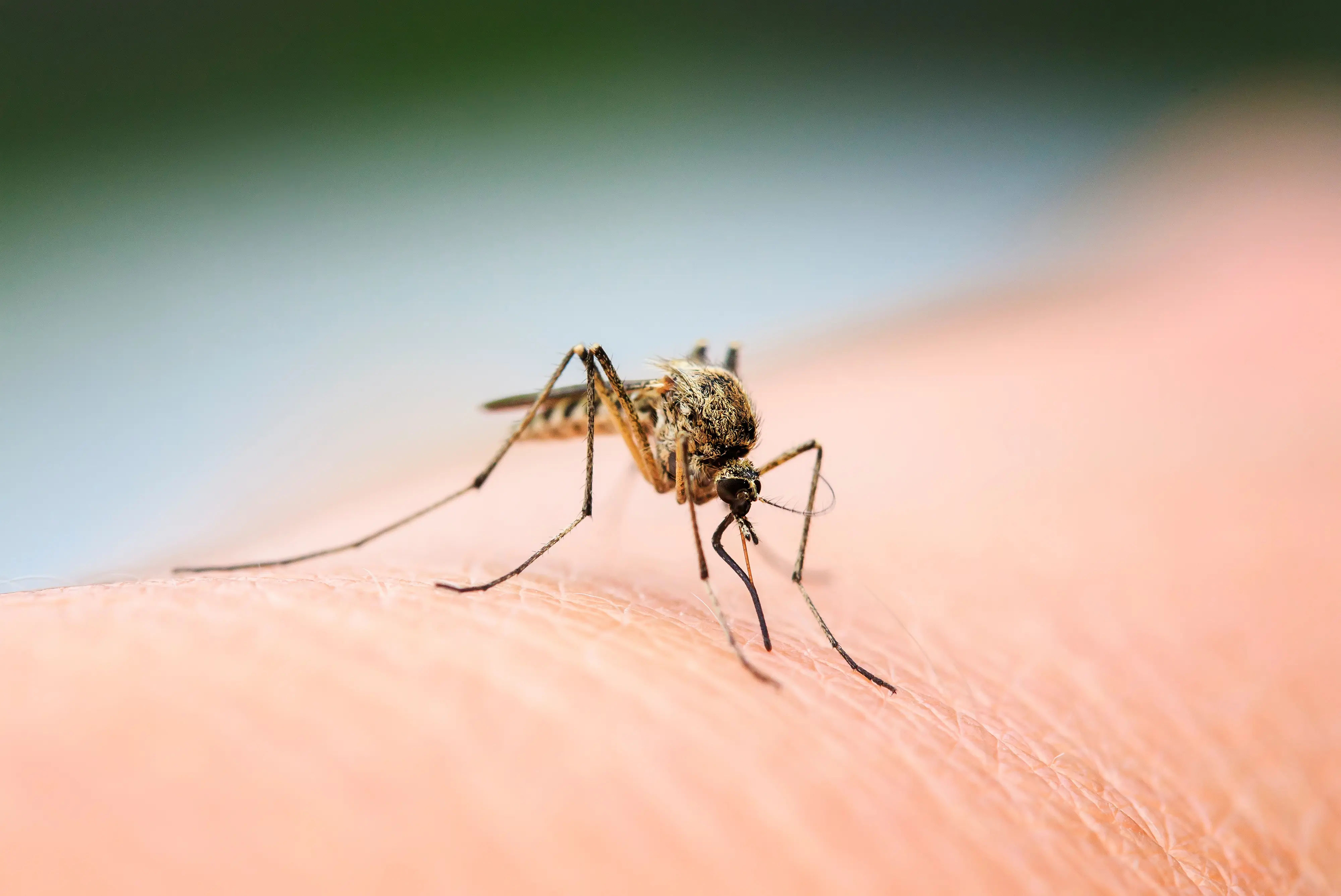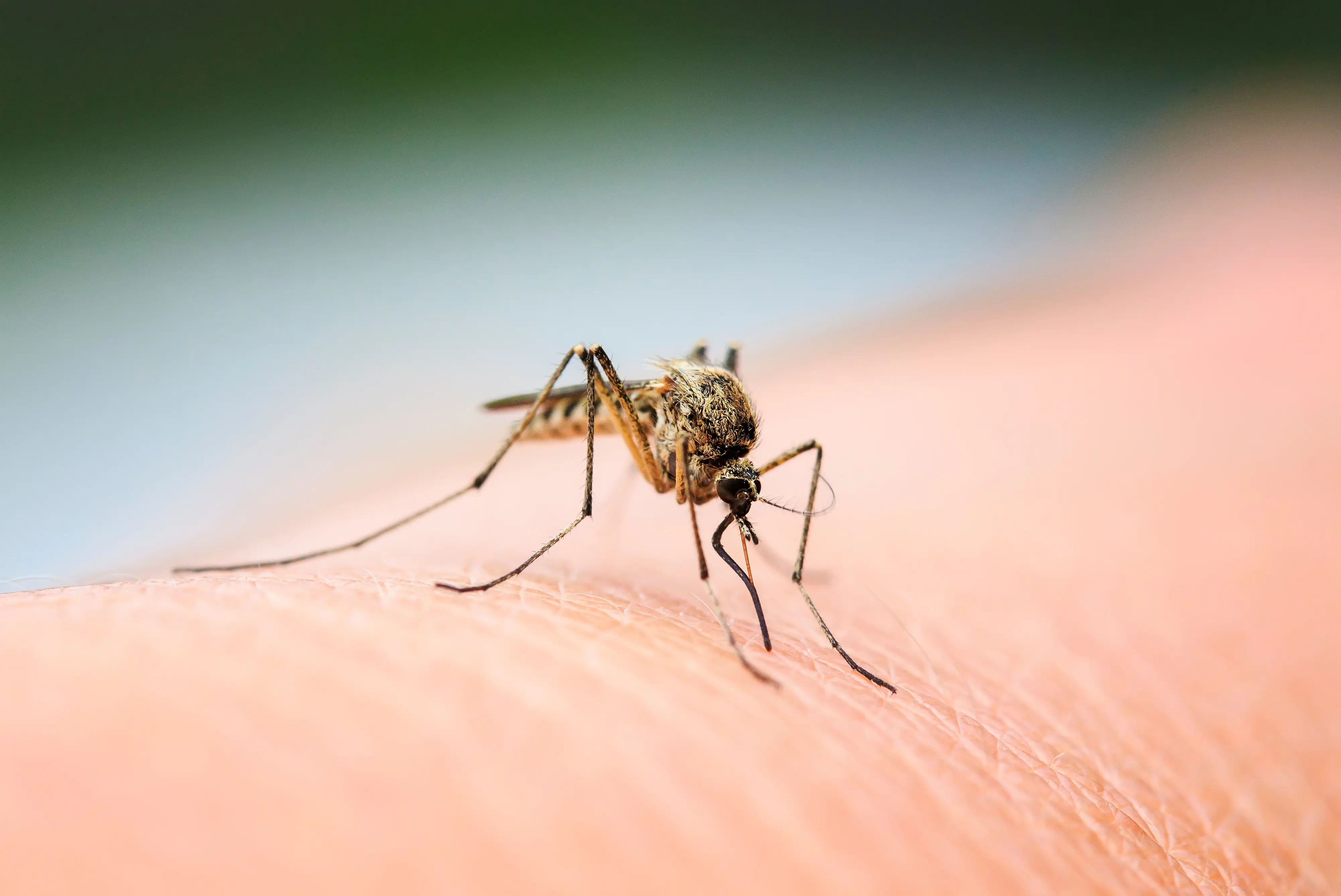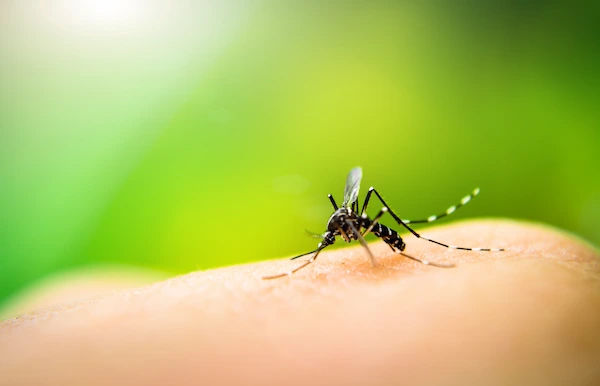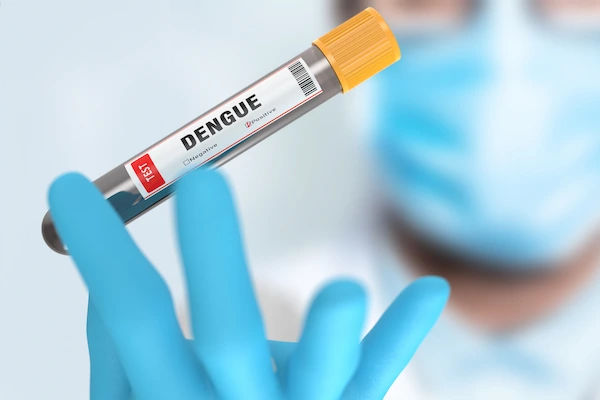Ultimate Diet Guide for Dengue Fever Recovery
Discover the best diet for dengue recovery, including foods that boost platelets, hydration tips, and what to avoid for faster healing.

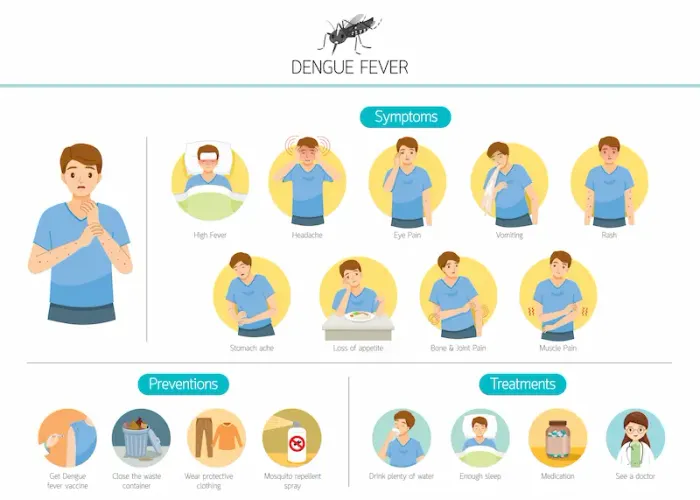
Introduction
Dengue fever is a mosquito-borne viral infection that can leave you feeling utterly drained. While there's no specific medicine to cure it, your body's own immune system is your greatest weapon. The right nutritional support can be the difference between a slow, difficult recovery and a faster, smoother one. This guide dives deep into the best diet for dengue fever, providing you with a practical roadmap to nourish your body back to health. We'll explore the essential foods to embrace, the ones to avoid, and how to strategically use hydration and nutrition to combat plummeting platelet counts and debilitating weakness. Think of this as your nutritional first-aid kit for navigating dengue recovery with confidence.
Understanding Dengue and the Critical Role of Nutrition
Dengue fever, caused by the dengue virus (DENV), is transmitted by the Aedes aegypti mosquito. The illness often presents with high fever, severe headache, pain behind the eyes, joint and muscle pain, and rash. In severe cases, it can lead to Dengue Hemorrhagic Fever (DHF) or Dengue Shock Syndrome (DSS), characterised by plasma leakage, bleeding, and organ impairment.
The virus directly impacts your blood, leading to a drastic drop in platelet count (thrombocytopenia). Platelets are crucial for blood clotting, and a low count increases the risk of bleeding. Furthermore, the high fever and loss of appetite can lead to severe dehydration and malnutrition, weakening the body further. Therefore, a targeted diet for dengue patients isn't just about eating; it's a therapeutic strategy to:
• Replenish lost fluids and electrolytes.
• Provide easy-to-digest energy.
• Support the bone marrow in producing more platelets.
• Strengthen the immune system to fight the virus.
The Dengue Diet: Key Principles to Follow
Before we list specific foods, it's vital to understand the core principles that should guide every meal and snack during recovery. Adhering to these will maximise the effectiveness of your dengue fever diet plan.
1. Hydration is Paramount
The single most important aspect of dengue care is fluid intake. High fever causes excessive sweating, leading to dehydration, which can worsen headaches and muscle cramps and complicate recovery.
• Goal: Drink at least 3-4 litres of fluids per day for adults, unless otherwise advised by a doctor.
• Focus on: Water, oral rehydration solutions (ORS), coconut water, and herbal teas.
• Avoid: Caffeinated and sugary drinks, as they can act as diuretics and worsen dehydration.
2. Prioritise Easy Digestion
Your body is using all its energy to fight the virus. Don't make it work harder to digest complex, heavy, or fatty meals. Opt for light, soft, and liquid-based foods.
• Think: Soups, broths, porridges, steamed vegetables, and fruit purees.
• Avoid: Fried foods, heavy meats, and overly spicy dishes that can cause stomach upset.
3. Nutrient Density Over Calorie Density
Every bite should count. Choose foods that are packed with the specific vitamins, minerals, and antioxidants needed for immune function and platelet production, rather than empty calories. Consult a Dietitian for Personalised Advice
Best Foods to Eat During Dengue Fever
Now, let's get into the specifics. Incorporate these powerhouse foods into your diet to increase platelet count and accelerate healing.
Hydrating Fluids and Drinks
• Coconut Water: Nature's ORS. It's rich in electrolytes, minerals, and glucose, making it perfect for rehydration and maintaining energy levels.
• Oral Rehydration Solution (ORS): The gold standard for combating dehydration, available at any pharmacy.
• Herbal Teas: Ginger tea can help with nausea, while peppermint tea can soothe the stomach.
• Fresh Fruit Juices: (See below) Opt for freshly squeezed over packaged ones loaded with sugar.
Fruits to Boost Platelets and Immunity
• Papaya: Perhaps the most famous food for dengue patients. Both the fruit and its leaves are celebrated. Studies suggest papaya leaf extract can significantly boost platelet production. The fruit itself is rich in vitamin C and enzymes like papain that aid digestion.
• Kiwi & Berries: Bursting with antioxidants, Vitamin C, and Vitamin K, all of which support platelet function and immune health.
• Pomegranate: This fruit is a powerhouse of iron, which helps combat the weakness and fatigue associated with dengue by supporting red blood cell production.
• Citrus Fruits: Oranges, lemons, and grapefruits are excellent sources of Vitamin C, which is essential for a strong immune response and helps in the absorption of iron.
Vegetables and Protein Sources
• Leafy Green Vegetables: Spinach, kale, and broccoli are fantastic sources of Vitamin K, essential for blood clotting, and iron. Lightly steam them for easy digestion.
• Pumpkin: Rich in Vitamin A and antioxidants, it supports platelet formation.
• Lean Proteins: Skinless chicken, fish, eggs, and tofu provide the essential amino acids needed for tissue repair and immune cell production. Consume them in boiled, steamed, or soupy forms.
Foods to Avoid During Dengue Recovery
Just as important as knowing what to eat is knowing what to avoid. Certain foods can hinder recovery and exacerbate symptoms.
• Fried and Oily Foods: These are difficult to digest and can cause bloating and liver strain, diverting energy from healing.
• Spicy Food: Can irritate the stomach lining and worsen any existing gastritis or nausea.
• Caffeinated Beverages: Coffee, strong tea, and energy drinks are diuretics, promoting fluid loss and worsening dehydration.
• Carbonated and Sugary Drinks: Sodas and packaged juices can suppress the immune system and cause blood sugar spikes and crashes.
• Alcohol: Absolutely avoid. It causes severe dehydration and is a toxin the liver must process, impairing its function when it's already under stress.
Sample Meal Plan for a Dengue Patient
Here’s a practical one-day dengue patient food chart to illustrate how to put these principles into action.
• Breakfast: A bowl of oatmeal porridge made with water or milk, topped with a few slices of kiwi.
• Mid-Morning Snack: A glass of fresh papaya juice or coconut water.
• Lunch: A bowl of vegetable and chicken soup with a slice of whole-grain toast. A small portion of steamed pumpkin.
• Evening Snack: A cup of ginger tea and a handful of pomegranate seeds.
• Dinner: Soft-cooked khichdi (lentil and rice porridge) with steamed spinach.
• Throughout the Day: Sip on water, ORS, and herbal teas consistently.
The Role of Papaya Leaf Extract
This deserves a special mention. Papaya leaf juice for dengue has gained immense popularity. While more large-scale human trials are needed, several smaller studies and a wealth of anecdotal evidence indicate that it can stimulate the bone marrow to produce platelets more rapidly. It is incredibly bitter. The juice is typically made by crushing and straining the leaves of a raw papaya. Important: Always consult your doctor before using any herbal remedy, as it may interact with other conditions or medications.
Conclusion
Recovering from dengue fever is a marathon, not a sprint. Your body has been through a significant battle, and it requires the right fuel to rebuild its strength. By meticulously following a diet for dengue recovery focused on intense hydration, easy-to-digest nutrients, and platelet-supporting foods, you provide your immune system with the tools it needs to win. Remember, patience is key. Start with liquids, gradually introduce soft solids, and don't rush the process. Use this guide as your nutritional compass, but always work in tandem with your healthcare provider for a safe and effective recovery. Your journey back to health begins with the very next sip and bite.
Consult a Dietitian for Personalised Advice
Consult a Dietitian for Personalised Advice

Ms. Sreeparna Dey Dhara Deb
Dietician
10 Years • DNHE
Bansdroni
Siddhita Healthcare., Bansdroni

Mr Aritra Khan
Dietician
16 Years • PG Diploma in Clinical Nutrition,Doctorate in Public Health & Community Nutrition, Post Doctorate Fellowship in Functional Medicine & Critical Care Nutrition
Kolkata
Samaritan Clinic, Kolkata
(250+ Patients)

Ms Prerana Solanki
Dietician
11 Years • MSC Dietetics and Applied Nutrition
Kolkata
Nutridiction, Kolkata
(25+ Patients)
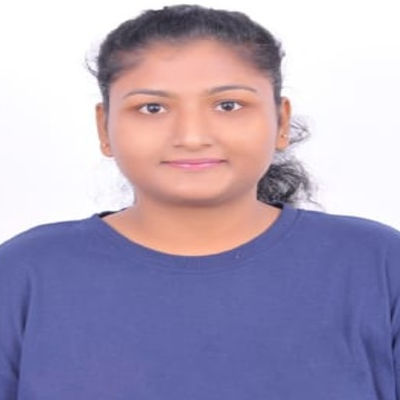
Ms. Preeti Lata Mohanty
Dietician
2 Years • Msc in Food science and Nutrition
Bengaluru
Apollo Medical Center, Marathahalli, Bengaluru

Ms Divya Gandhi
Dietician
10 Years • Diploma in Nutrition and Dietetics
Delhi
Diet and Cure, Delhi
(325+ Patients)
Consult a Dietitian for Personalised Advice

Ms. Sreeparna Dey Dhara Deb
Dietician
10 Years • DNHE
Bansdroni
Siddhita Healthcare., Bansdroni

Mr Aritra Khan
Dietician
16 Years • PG Diploma in Clinical Nutrition,Doctorate in Public Health & Community Nutrition, Post Doctorate Fellowship in Functional Medicine & Critical Care Nutrition
Kolkata
Samaritan Clinic, Kolkata
(250+ Patients)

Ms Prerana Solanki
Dietician
11 Years • MSC Dietetics and Applied Nutrition
Kolkata
Nutridiction, Kolkata
(25+ Patients)

Ms. Preeti Lata Mohanty
Dietician
2 Years • Msc in Food science and Nutrition
Bengaluru
Apollo Medical Center, Marathahalli, Bengaluru

Ms Divya Gandhi
Dietician
10 Years • Diploma in Nutrition and Dietetics
Delhi
Diet and Cure, Delhi
(325+ Patients)
